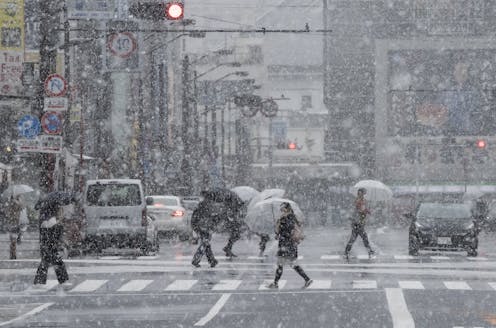Jessica Au's precise, poetic meditation on mothers and daughters
- Written by Jen Webb, Dean, Graduate Research, University of Canberra

Jessica Au has been appearing on the Australian literary scene for quite some time now. I first noticed her work in the noughties: short fictions published in Overland and Wet Ink, stories with well-crafted sentences and engaging characters and an aesthetic that leaned toward stillness and dissociation.
She didn’t publish much, or not much that I found, before or after her first novel, Cargo (2011), another book I would encourage people to read. I think it is fair to say she is not prolific. She has conceded that she is a “slow writer”.[1] But the writing is worth the wait. Au’s new book, Cold Enough For Snow, has already won the inaugural Novel Prize[2], and been published in fifteen languages.
Review: Cold Enough for Snow - Jessica Au (Giramondo)

















